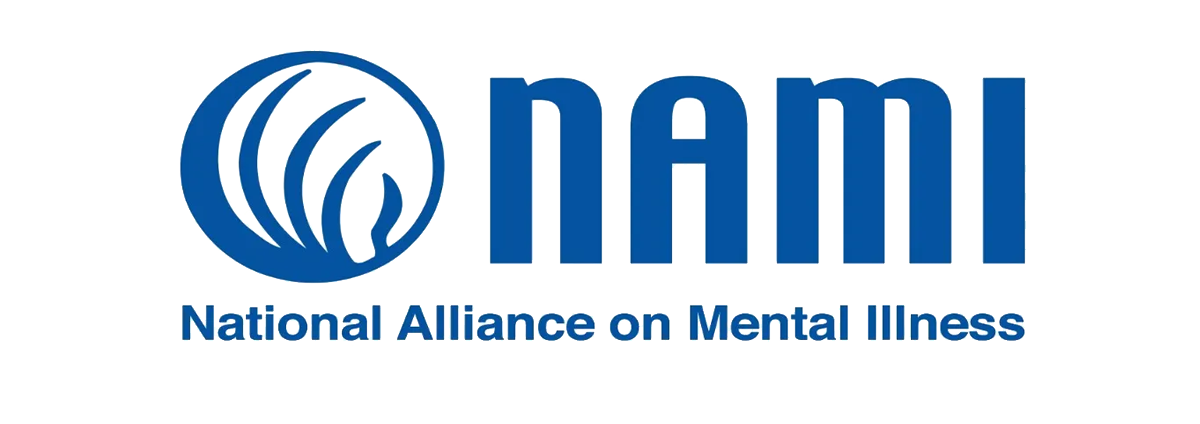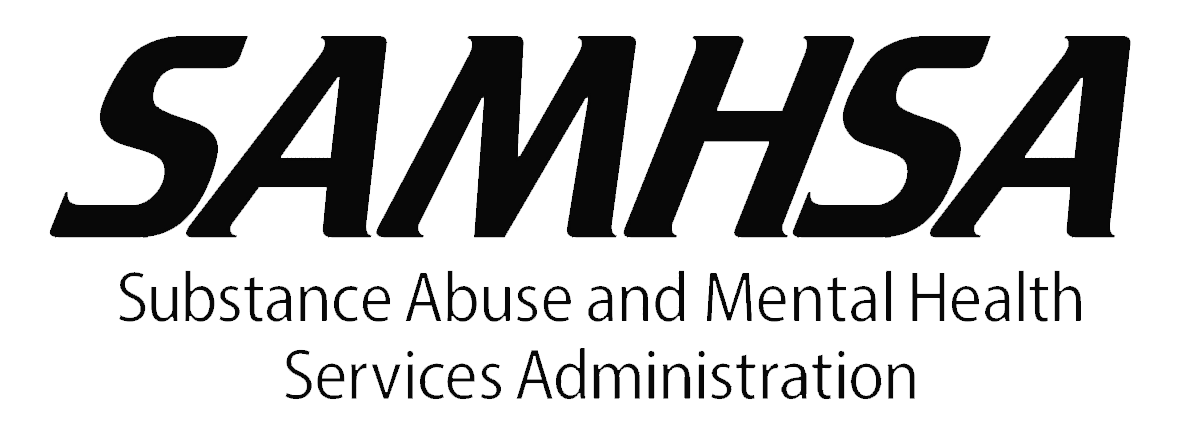Navigating the Terrain of Travel Anxiety
A Guide to Finding Peace on Your Journeys

Traveling is often portrayed as an exhilarating adventure, a journey of discovery and self-exploration. However, for many individuals, the prospect of traveling can evoke feelings of anxiety and apprehension. Whether it’s the fear of the unknown, concerns about safety, or simply the stress of navigating through unfamiliar environments, travel anxiety is a very real and common experience that can significantly dampen the excitement of exploring new destinations.
Understanding Travel Anxiety
Travel anxiety can manifest in various ways, ranging from mild discomfort to overwhelming panic attacks. It can stem from a multitude of factors, including:
1. Fear of the Unknown: Venturing into unfamiliar territory can trigger feelings of uncertainty and apprehension. Not knowing what to expect or how to navigate new environments can fuel anxiety.
2. Safety Concerns:
For some travelers, safety is a primary source of anxiety. Worries about crime, natural disasters, or terrorist threats can loom large, especially when visiting destinations perceived as risky.
3. Separation Anxiety: Leaving the comfort of home and familiar surroundings can be distressing for individuals prone to separation anxiety. Being away from loved ones or the security of routine can exacerbate feelings of unease.
4. Travel Logistics: From booking flights and accommodations to dealing with transportation and language barriers, the logistics of travel can be overwhelming for those prone to anxiety. The fear of getting lost or encountering unforeseen obstacles can add to the stress.
Coping Strategies for Travel Anxiety
While travel anxiety may seem daunting, there are strategies and techniques that can help individuals manage their symptoms and reclaim the joy of exploration:
1. Plan and Prepare: Researching your destination and planning your itinerary in advance can provide a sense of control and familiarity. Familiarize yourself with local customs, transportation options, and emergency protocols to alleviate uncertainty.
2. Practice Relaxation Techniques: Incorporate relaxation techniques such as deep breathing, meditation, or progressive muscle relaxation into your daily routine, especially in the days leading up to your trip and during travel itself. These practices can help calm your mind and reduce stress levels.
3. Stay Connected: Maintain communication with loved ones back home through phone calls, texts, or video chats. Knowing that you have a support system can offer reassurance and alleviate feelings of loneliness or isolation while traveling.
4. Focus on the Present Moment: Instead of letting your mind wander to worst-case scenarios, practice mindfulness by focusing on the present moment. Engage your senses by observing your surroundings, savoring the tastes and smells of local cuisine, and immersing yourself in the beauty of your surroundings.
5. Seek Professional Help: If travel anxiety significantly interferes with your ability to enjoy or engage in travel, consider seeking support from a mental health professional. Therapy, counseling, or medication may be beneficial in managing and overcoming your anxiety.
Embracing the Journey
It’s important to remember that experiencing anxiety while traveling is normal and nothing to be ashamed of. By acknowledging your feelings and implementing coping strategies, you can empower yourself to navigate through challenging moments and embrace the beauty and excitement of travel.
Every journey, no matter how near or far, presents an opportunity for growth, self-discovery, and unforgettable experiences. By facing your fears head-on and refusing to let anxiety dictate your adventures, you can unlock a world of possibilities and create memories that will last a lifetime.
So pack your bags, take a deep breath, and embark on your next adventure with confidence, knowing that you have the strength and resilience to overcome any obstacles that come your way. Travel anxiety may be a part of your journey, but it doesn’t have to define it. Bon voyage!













